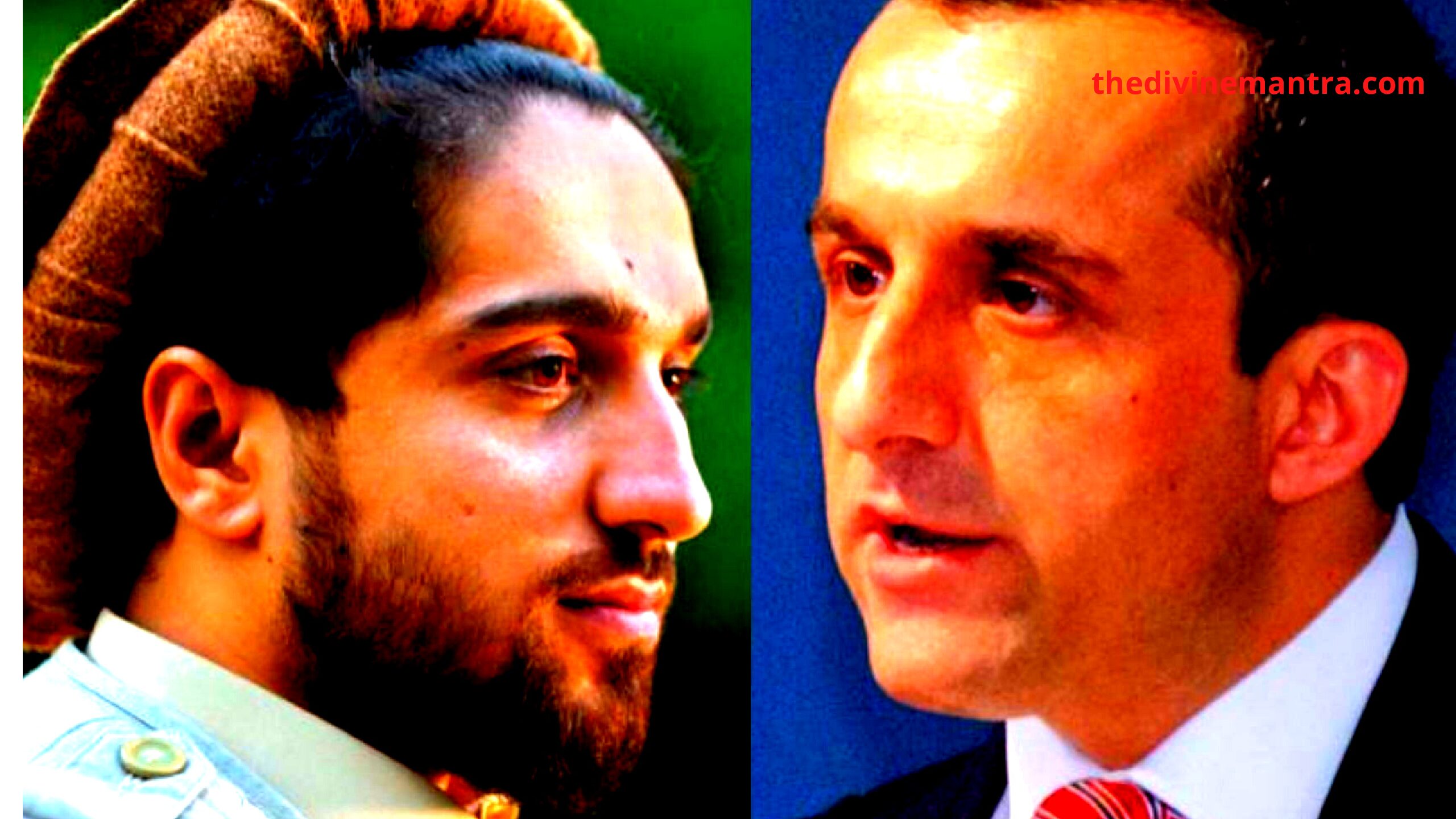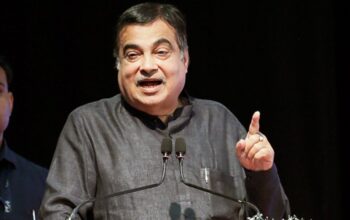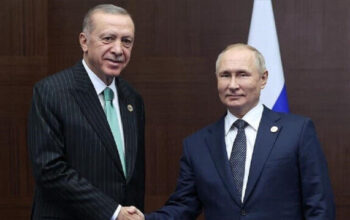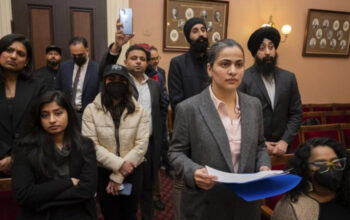United Nations The change in authority in Kabul was neither through accommodations, nor inclusive, India said at the UN Security Council on Tuesday, italicizing that it has constantly called for a broad grounded, inclusive process that involves representation of all section of Afghans The Taliban, ousted from power by the US shortly after the9/11 attacks, seized control of Afghanistan inmid-August, ousting the former tagged government which was backed by the West.
The Taliban had promised an inclusive government that represents Afghanistan’s complex ethnical makeup. Still, the interim Cabinet blazoned by the insurrectionary group last month was dominated by established Taliban leaders who fought against the US- led coalition forces since 2001. No woman has been named in the interim Cabinet The change in authority in Kabul was neither through accommodations, nor inclusive. We’ve constantly called for a broad grounded, inclusive process that involves representation of all section of Afghans,”Minister of State for External Affairs V Muraleedharan said.
As American forces withdrew from war- torn Afghanistan, the Taliban took control of Kabul on August 15 Addressing the UNSC High Level Open Debate on’Peacebuilding and sustaining peace Diversity, state structure and the hunt for peace”, Mr Muraleedharan said the prospects of the transnational community on Afghanistan, including on combating terrorism, are set out easily in the UN Security Council Resolution 2593, that was espoused under India’s Presidency of the 15- nation Council in August.
“It’s important that commitments made in this regard are admired and stuck to,”he said The UN Security Council resolution 2593 on Afghanistan demands that Afghan home not be used to hang or attack any country or to sanctum or train terrorists, or to plan or to finance terrorist acts, and reiterated the significance of combating terrorism in Afghanistan, including those individualities and realities designated pursuant to resolution 1267 (1999), and noted the Taliban’s applicable commitments The resolution had noted the Taliban statement of August 27 in which the outfit had committed that Afghans will be suitable to travel abroad, may leave Afghanistan anytime they want to, and may exit Afghanistan via any border crossing, both air and ground, including at the restarted and secured Kabul field, with no bone precluding them from traveling.
Mr Muraleedharan said that the countries facing conflicts or arising from them, face multiple challenges in their path of peacebuilding and sustaining peace. These are related to causative factors to the conflict, and primarily involve race, race, and religion, which are dominant identity labels in the society “In addition, societies also encounter political, social, and profitable factors which play a determining part in how countries successfully crop and move forward in addressing these abecedarian challenges of state structure,”he said, adding that history has shown these challenges aren’t limited to Africa or the developing world.
” Indeed the advanced world, at some points in history, had faced these challenges, including through extremely violent transitions, before ultimately arising successfully He emphasised that in a globalised, liberalised, and interlinked world,post-conflict state structure has faced adding societal prospects, in terms of political space and socio-profitable development, gender equivalency, and mortal rights As a result, state structure has come more complicated. Building peace and sustaining the same, thus, is proving more complex than ending the conflict. This is apparent more so in the environment of the developing world Mr Muraleedharan noted that there are several successful exemplifications where countries have managed to overcomepost-conflict challenges, including South Africa, the transition from intolerance to free and open society; Coted’Ivoire, Liberia, Sierra Leone, Rwanda and Burundi, each of which have been exemplifications of successful transition ofpost-conflict state structure and South Sudan, where we’re witnessing the transitionThese societies are different and have managed to sustain peace through inclusive approach, by setting exemplifications for analogous countries to emulate. We also have several other exemplifications, including in South Asia, where diversity has always been the hallmark of the societies. The political leadership of separate countries esteeming universal values of peace, verity and compassion have contributed immensely to state structure.”






